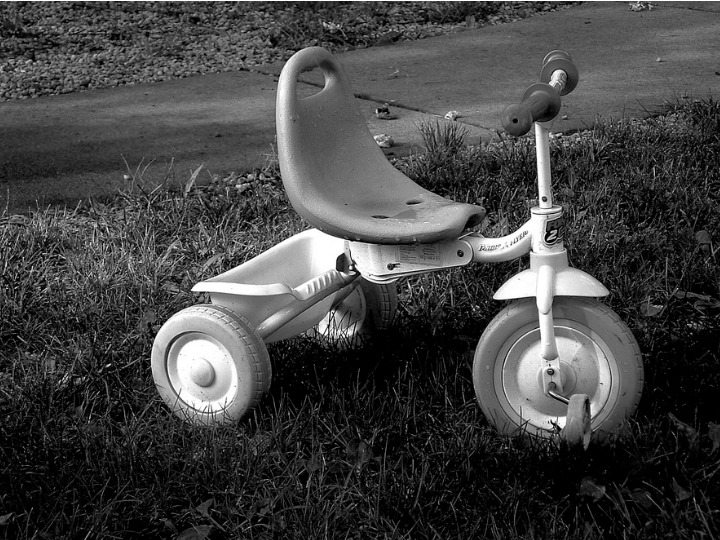Jim Hopper, a clinical psychologist and psychological trauma expert from Harvard Medical School. “It is not at all uncommon to repress some or all of a painful memory, particularly from childhood,” Pratt tells Bustle. “These memory lapses occur in spite of the gravity of the situation, and in fact, often occur because of it — essentially, our brains only allow us to comprehend what we are capable of at that moment without overloading or shutting down.”
Hopper emphasizes that these memories aren’t “forgotten” — rather, people fail to retrieve them. “Most of the things we remember, we remember them when something else reminds us — not when we’re trying to remember them. Most memories that come to us just pop into our head, for example when a song reminds us of something or we see a particular person. So when we talk about memories, they’re retrieved when we encounter retrieval cues and retrieval contexts. We remember through a retrieval triggers, whether it’s the cue of a song on the radio or the context of a high school reunion,” Hopper says.

